AgriTech startups urgently need new funding model
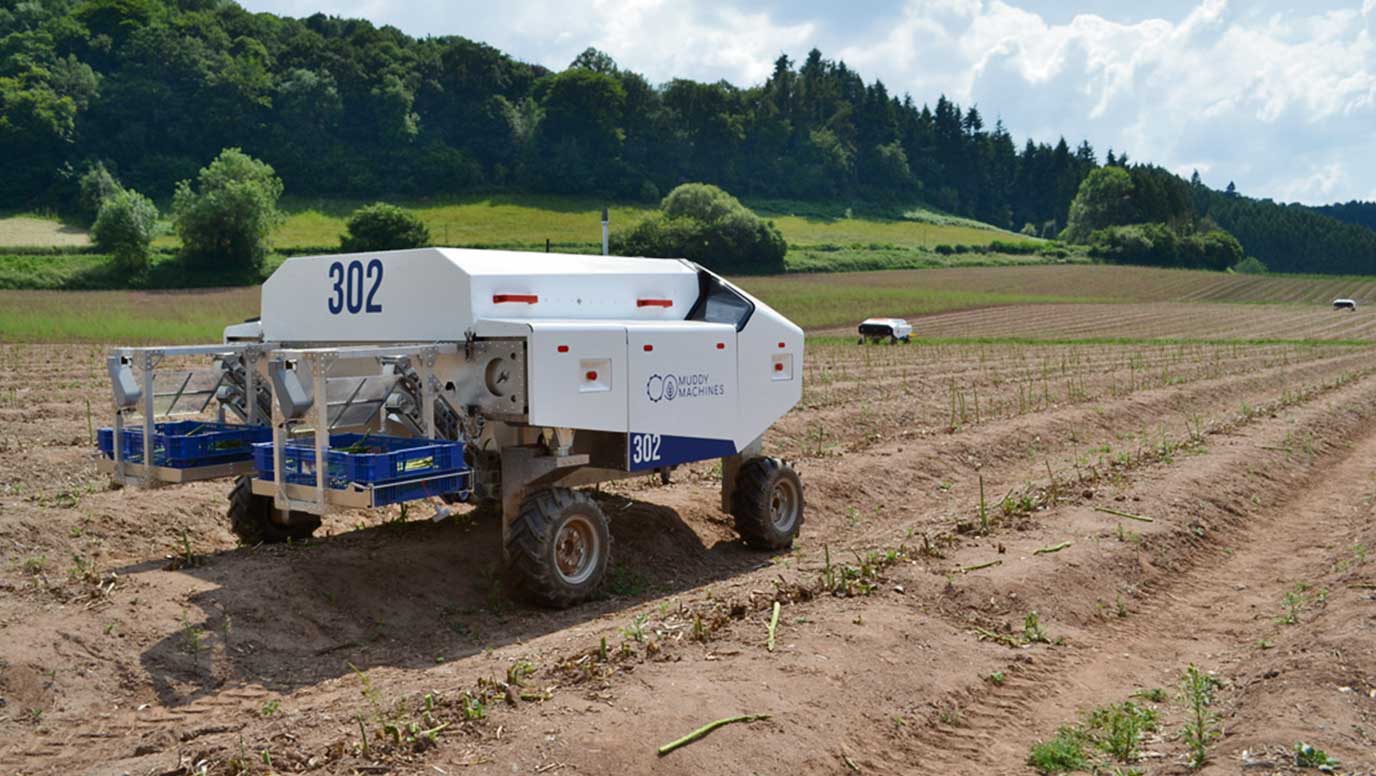
It has analysed the top global technology companies and concludes that although the UK has an outstanding research base, multiple entrepreneurial start-ups, and the largest venture capital industry in Europe, we have not succeeded in using those assets to turn the UK into a “global science and technology superpower”.
A well-documented phenomenon for the UK across all sectors, the issue is also illustrated by agri-tech. The membership organisation Agri-TechE has reviewed the progress of the 63 early-stage companies they have invited to feature in their REAP Conference Start-Up Showcase over the last decade.
This has shown that although the line-up was curated to ensure that each company was focused on solving a genuine on-farm challenge and had real potential for success, a major pinch-point to their growth has been their ability to access the finance required for scale-up.
Dr Belinda Clarke, Director of Agri-TechE, says: “Start-ups across all sectors can have a high failure rate; however the success rate of these agri-tech companies has been good, with nearly 50 of the cohort still in business.
“A deeper analysis reveals that although a number of start-ups have raised significant investment – for example: Better Origin ($16m), Pherosyn (£1.2m), FOTENIX (£2.5m), and Fieldwork Robotics (upward of £1.5m) – sadly, others have not gained the support they needed at a crucial time, most notably Small Robot Company.
“Food production is highly regulated, which can create a barrier for new entrants. Seasonality means there might be only one data set per year, and extreme environmental conditions can disrupt trials. Margins are extremely tight in the industry, and farmers need to reduce risk, so they may have limited bandwidth to explore new approaches.
“What has been notable across the Agri-TechE ecosystem is the number of progressive farmers willing to push the frontiers in agri-tech, and to pilot technologies that might offer little immediate financial return. This market pull also demonstrates evidence of unmet need for investors.
“There is a need to rethink the model for scaling early-stage companies that gives the time that technology needs to mature and be tested on-farm.”
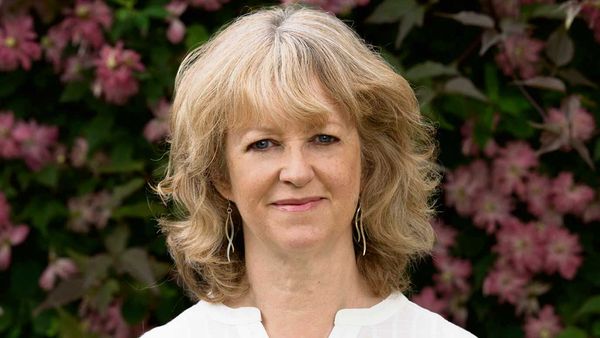
The challenge of scaling start-ups is not restricted to the UK. Agri-TechE has cultivated relationships with other agrifood ecosystems internationally, including the St. Louis Agtech Cluster, a vibrant community of R & D organisations and research institutes in Missouri.
Phil Taylor, Director of Ecosystem Development for Crop Science R & D at Bayer, is based in the cluster and will be participating in the Supply Chain Panel at REAP 2024 on 6th November.
He says: “The key challenge with early-stage companies is how they scale. It’s super cool to see what organisations like Innovate UK and UKRI are doing to support innovation, but it is not particularly sustainable – and we see this in the US, too. Often, there is too much kindling and not enough firewood.
“This is one of the reasons we have set up ReACH (Regen AgriFood Coalition in the Heartland) with BioSTL. The ‘H’ is for ‘heartland’ as we are in the US Midwest and working with partners up and down the value chain. The aim of the consortium is to evaluate and test technologies in a consolidated way and, where appropriate, help get them to market.
“From the outset there needs to be clear line of sight for both the innovative value proposition and the grower value proposition. Otherwise, we’re going to have some awesome innovations that will not get taken up.
“The analogy I draw here is from the pharmaceutical space, where there’s a very clear roadmap for drug discovery and you can clearly identify the stage of the innovation. Everyone understands what that means, including the expectations around spend, funding, needs, etc, and can provide the right support so that people can get it done.”
Belinda agrees: “Agri-tech needs patient capital but also buy-in from the entire value-chain to share risk and reward more equitably.”
The membership of Agri-TechE is increasingly national and international; here are updates from some of the members that have featured in the REAP Start-Up Showcase.
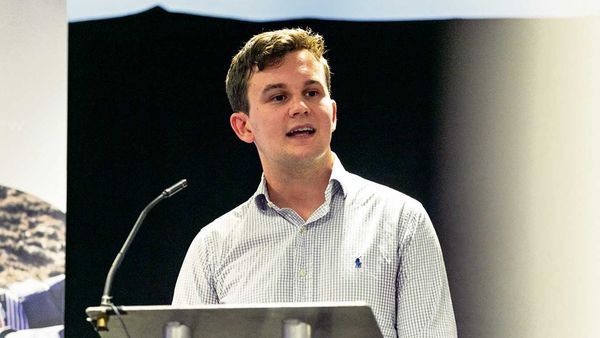
FOTENIX
(featured in 2019, based in Salford)
FOTENIX is a leading provider of crop analytic software. Using a monitoring device mounted on a robot or tractor, FOTENIX can provide early warning of diseases such as light leaf spot and phoma in oil seed rape (OSR) and Septoria in wheat crops.
The company has developed a patented spectral camera and light setup that enables detection of disease in days, compared to months in traditional methods. It creates a disease map to enable targeted intervention before significant crop losses, and continuous monitoring provides evidence of control or the need for re-emergence treatment. The company has recently launched a new boom-mounted arable system in the UK
Managing Director Charles Veys says “Agronomy firms are using our systems and maps to provide data-driven and cost-effective advice. Since 2019 we have raised £4.5M and seen a commercial installation of our system at the UK’s leading glasshouses, vertical farms and robotics.”
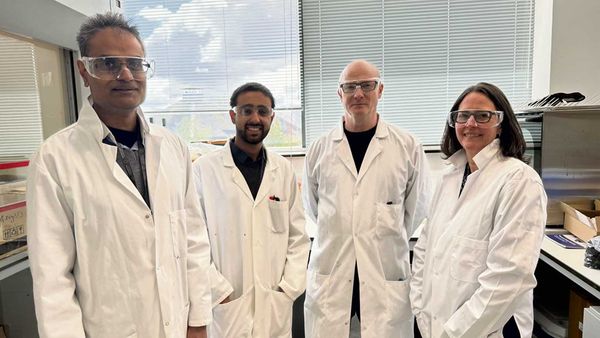
PHEROSYN
(featured in 2020, based at Rothamsted, Herts)
Pheromones used by insects for communication can be used to lure and trap pests. PheroSyn, a spin-out from Rothamsted Research, is developing and supplying novel insect pheromones to target the most prolific and damaging pests. Its monitoring systems enables the crop to be treated at exactly the right time and with the right pesticides, thus avoiding wasteful and inefficient over-spraying.
Daniel Bahia, co-founder and Director of Operations, says: “Our smart monitoring systems for pea midge and bean weevil are commercially available following successful GEP validated trials with PGRO. The pear gall midge and pear leaf midge pheromones are undergoing trials, and we are also developing attractants in bee pollination to improve nutrition in strawberries.”
The company is venture backed and has received funding through a mixture of non-dilutive grants (including five Innovate UK grants) and equity investment, and expanded its team and facilities.
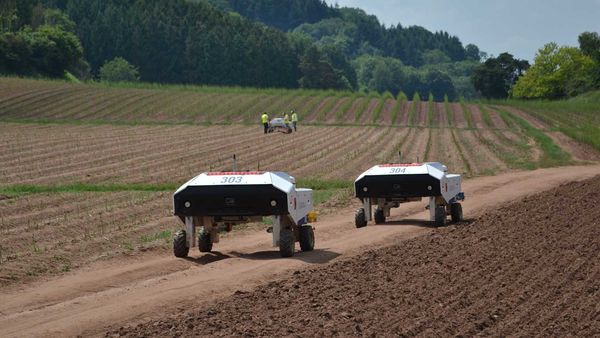
MUDDY MACHINES
(featured in 2021, based at Chiswick, London)
Muddy Machines has developed an automated asparagus harvesting platform capable of distinguishing spears from weeds, even under challenging field conditions. The robot uses an automated gripper arm to cut the asparagus that is within the grower’s spec and place it in a container, and it can predict yields, thereby increasing the value of the crop.
Muddy Machines raised £1.5m in 2022, which it used to scale production of its robots, such as a small herd of Sprout robots which has just completed the 2024 asparagus harvest season.
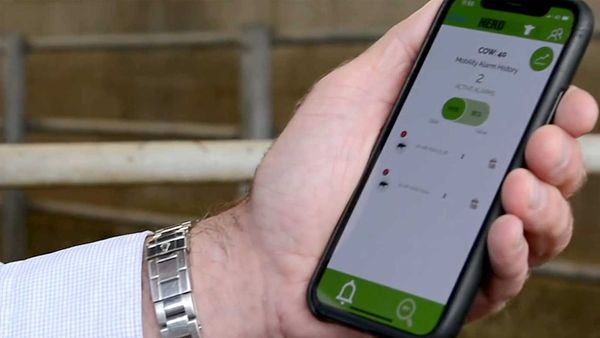
HERDVISION
(featured in 2023, based in Lancaster)
HerdVision provides objective body condition and mobility scoring for cattle. The camera system can be retrofitted on the parlour or cattle race and provides 2D and 3D imaging of the animal. This enables body condition to be scored and lameness or other injuries to be detected. The information is synced automatically with the herd management system and made available through an app. This enables timely interventions.
Matthew Dobbs, co-founder of AgSenze and HerdVision, explains that body condition scoring is a key indicator of health and fertility in dairy cows: “We have extended our product development and now offer a solution for the beef industry to ‘weigh’ cattle by camera!”
The company completed a Series A fundraise in October 2023 and now is “full steam ahead on developments and commercial ventures.”
REAP Conference 2024 takes place on 6th November at Newmarket Racecourses Conference Centre. Keynote speaker, Dr Elliott Grant (CEO of Mineral, an Alphabet company), will discuss how the latest breakthroughs in artificial intelligence and perception are revolutionising agriculture. Find out more about the Conference via the AgriTechE website.

